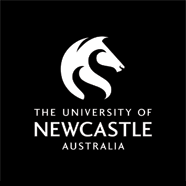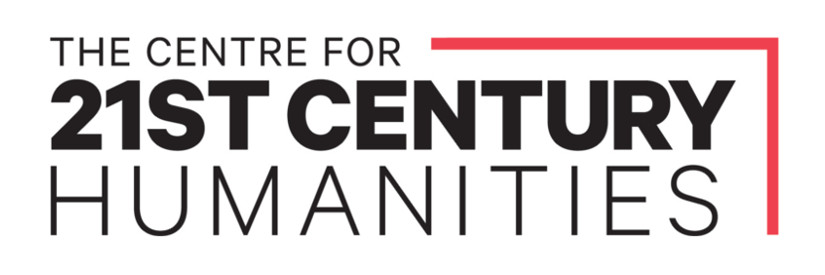| Site Name | Bowman River |
| Aboriginal or Torres Strait Islander Place Name | |
| Language Group, Nation or People | Binghi |
| Present State/Territory | NSW |
| Colony/State/Territory at the time | NSW |
| Police District | |
| Latitude | -31.922 |
| Longitude | 151.767 |
| Date | Between 1 Jan 1835 and 31 Dec 1838 |
| Attack Time | |
| Victims | Aboriginal or Torres Strait Islander People |
| Victim Descriptions | |
| Victims Killed | 20 |
| Victims Killed Notes | |
| Attackers | Colonists |
| Attacker Descriptions | |
| Attackers Killed | 1 |
| Attackers Killed Notes | |
| Transport | |
| Motive | Opportunity |
| Weapons Used | |
| Narrative | After killing 5 shepherds, colonists pursued Aboriginal people in two groups and massacred them at Cobark River and Mt McKenzie. After Cobark River they went on to massacre people at Bowman River. These massacres were reported in 1922.
'After this outrage the natives divided - one body seeking shelter south west towards the source of the Gloucester River, and the other going north west towards the Upper Arundel.' A group of colonists pursued the first group and massacred people at McKenzie Cliffs. The second group was also pursued, 'At a small plain a mile west of the present Cobakh Station the Port Stephens men came into conflict with the remaining body of natives, but the fugitives broke and fled northwards to a little flat on the Bowman River. Here the final tragedy occurred; a stand was made by the blacks, but in vain. Years afterwards their unburied skeletons could be seen' (The Wingham Chronicle and Manning River Observer, 25 April, 1922 p 2). A correspondent calling themself 'Wirrapit' wrote that after the massacre of the 'Rawdon Vale' tribe at McKenzie Cliff, 'advantage was taken of the presence of the Williams River settlers to further punish the tribes inhabiting the Upper Bowman and what is now Glen Ward, as they had become very daring and troublesome.' After a massacre at Cobark river 'a larger party rode over to the Bowman River through McKenzie's Gap (Neilson's selection), and meeting with a large number of blacks fought another pitched battle, where Mr. J. Grant's homestead now stands, many blacks --- over 100 it is said --- being killed and also twelve white were killed and badly wounded' (The Scone Advocate, 7 May 1935, p 4). This article notes that 'as time went on most exaggerated reports began to filter in and reach the authorities in Newcastle and Sydney.' A massacre involving the deaths of this many colonists would most likely have been widely reported at the time, and no other records have been found. The numbers of colonists and Aboriginal people killed have most likely been exaggerated. The massacres at Mt McKenzie, Cobark River and Bowman River occurred around the same time but available reports are long after the incidents so it is difficult to determine their year. |
| Sources | The Wingham Chronicle and Manning River Observer, 25 April, 1922 p 2 https://trove.nla.gov.au/newspaper/article/166220492; The Scone Advocate, 7 May 1935, p 4 https://trove.nla.gov.au/newspaper/article/158993470 (Sources PDF) |
| Corroboration Rating | * |

